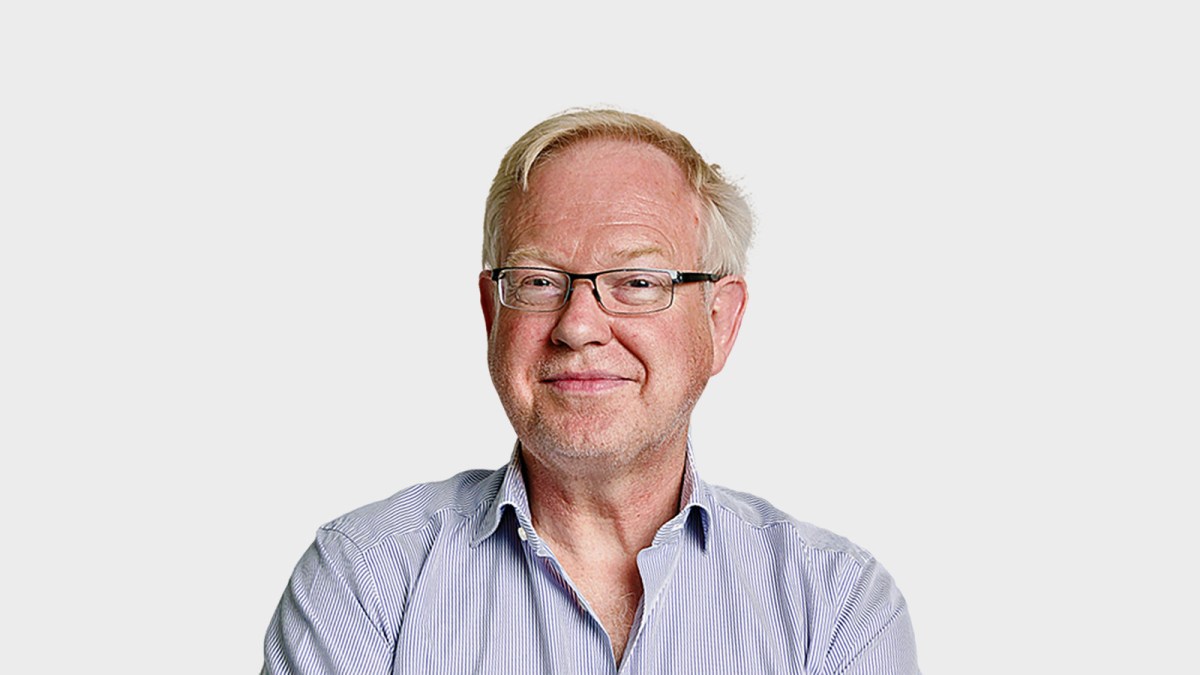Where’s Charles de Gaulle when you need him? Buried, of course, in a humble grave in the cemetery of Colombey les Deux Églises. But it is difficult, at a time of a new epic French crisis, to forget how almost 70 years ago the general turned a country on the cusp of civil war into a strong presidential system. And, in harness with West Germany’s Konrad Adenauer, into the driving force of a confident, recovering western Europe.
Today, under Emmanuel Macron, France may not be in such drastic straits as in 1958 but it appears politically enfeebled and adrift, no longer the beacon of centrist renewal. His presidency started with a comparison to Jupiter, the god-commander of the skies. Today he doesn’t throw thunderbolts, he fires blanks.
His answer in 2017 to the challenge from the extreme right and extreme left was to forge a movement free of ideology, open to modernisation and reform, which would have as its totemic leader a 39-year-old political debutant ready to use the full powers of the post-de Gaulle presidency to make France great again. He was the country’s youngest head of state since Napoleon Bonaparte.
In his second term, this mission of creating a powerful, flexible global player has crumpled. He can on occasion talk the talk. “We have no right to fatigue,” he told the United Nations last month. “We have no right to the spirit of defeat.” But though his spinners presented this as a spirited defence of multilateral action, it rang hollow.
France, both polarised and paralysed, has shrunk as a global player. Macron’s interventions — seeking peace from Vladimir Putin, European engagement from Donald Trump — have looked performative and flimsy. The bond markets see a country with public debt at 114 per cent of GDP, successive short-lived governments that have failed to curb spending and reform pensions, a deadlocked parliament. A lame duck president, with elections set for 2027 and jostling for succession likely to kick off next year, inspires neither investors nor those in Europe who thought Macron was the man to pull the continent together as the United States turns its gaze towards the challenge from China.
French presidents can only call a snap parliamentary election once every 12 months. He has only one more throw of the dice. If he were to call one and it followed current polling (Marine Le Pen’s hard-right National Rally on 32 per cent, Jean-Luc Mélenchon’s hard-left Unsubmissive France on 25 per cent, Macron’s centrists trailing on 15 per cent) it would represent a reversal of everything he has fought for. A cynical response (not his first) would be to appoint a Le Pen disciple as prime minister, wait for him or her to make a mess out of governance and thus steer voters away from the hard right in the 2027 presidential election. Who wins from that? Other ways forward are even less palatable. His own resignation? His vanity will not allow it. A doomed technocratic prime minister? A referendum — but on what question?
The Franco-German axis of yore led to unlikely partnerships: Valéry Giscard d’Estaing and Helmut Schmidt; Jacques Chirac and Gerhard Schröder; François Mitterrand and Helmut Kohl. What was remarkable about them is that they were usually from opposing political camps. Giscard, Chirac and Kohl were conservatives; Schmidt, Schröder and Mitterrand were social democrats. That was the spirit Macron wanted to resurrect, in French domestic politics and on the European stage — a kind of creative dynamism. Yet he failed on both fronts, unable to find a common language with his German counterpart Friedrich Merz.
The Jupiterian aloofness made compromise difficult and bred suspicion among allies. His political decline will make it next to impossible to maintain there is a “coalition of the willing” ready to keep the peace in a post-war Ukrainian settlement. Instead, Macron embarrassed himself by pleading with Putin, poised uneasily at the end of a long Kremlin table like an aspiring apprentice quivering before Lord Sugar. As the only other European nuclear power, Britain has long imagined there is a natural defence bridge with France. Macron was open to some co-operation but not ready to cede much ground to an arms-making competitor, be it Britain or Germany. As for Britain’s small boat migration deal with France, its future is now hostage to the fate of a lonely leader.
The latest casualty of his decline is likely to be a new fighter jet project, the FCAS, a collaboration between Germany and France that was deemed an essential component in the defence of Europe by Macron and Angela Merkel when they launched the idea in 2017. But the competition between the French and German co-producers, reflecting the state of play between the nations, has become so intense it looks like being abandoned. As France’s public finances deteriorated, it seemed to Berlin that Macron was only working together because he needed Germany’s deeper pockets. Now Berlin is said to be about to invite Britain or Sweden to replace France in the project.
The defence of Europe will suffer if, as expected, Macron’s swansong drags on. Across central Europe, from Hungary, Slovakia and now the Czech Republic, nationalist leaders are questioning the need to prop up Ukraine’s struggle against a rapacious Russia. It’s not simply that they have been wooed by the Kremlin — they have lost faith that the Europeans have the will to see the fight for Ukraine through to the end. Macron, by allowing himself to be outmanoeuvred at home, is letting down the continent.
